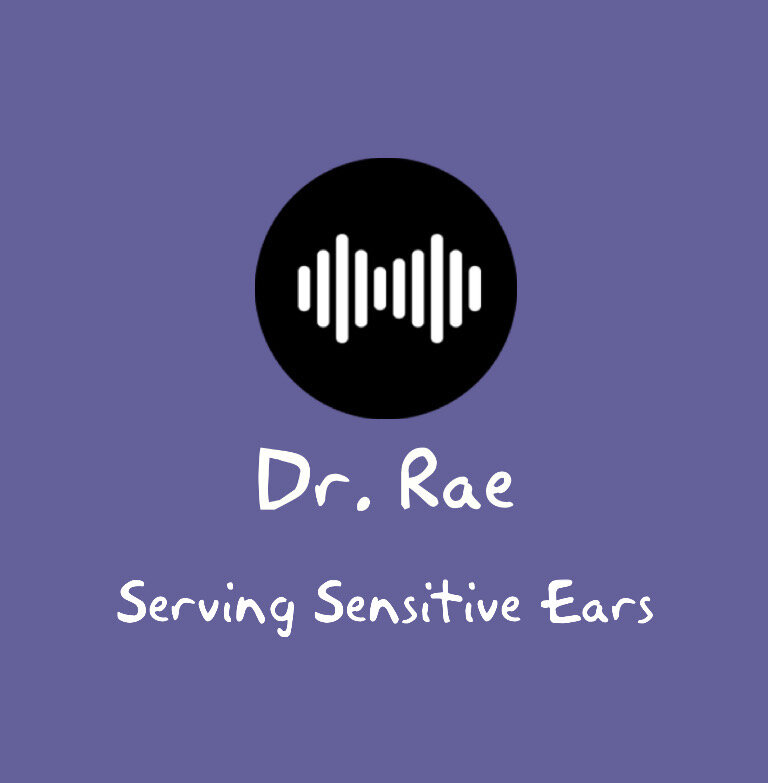When Sacred Spaces Feel Unbearable
With regard to a post related to the disappointment of a parent to a young teen friend preferring not to attend their son’s Bar Mitzvah, I need to disagree with the sentiment in most of the comments. The idea that non-attendance is equivalent to a lack of caring or commitment to friendship is, frankly, illogical.
I can only speak from my own lived experience as an autistic and ADHD adult, but I’m also a mother to an autistic and ADHD son.
Please consider this.
Many neurotypical people say, just deal with it. But you don’t live in our experiences. You don’t feel it in your body the way we do. You don’t hear the same volume, or carry the same tension, or recover from the crash that comes after. What looks like avoidance to you is often self-protection. What you call oversensitive, we’ve been forced to mask for years.
Many religious services cause sensory overload for us.
That doesn’t mean we don’t care. It means we find the experience difficult or even unbearable. For me, it’s the endless sitting and sudden standing, the loud singing I can’t escape, the layers of uncomfortable clothing I’d never choose otherwise. The whole experience overwhelms my nervous system.
Uncomfortably loud singing, chanting, and talking. Benches or chairs that hurt after five minutes. Endless sitting (yes, I said this twice), broken only by ritualized standing that doesn’t align with my inner clock or the way I want to approach my relationship with the divine. Words I didn’t choose, in a language I don’t speak. Even when the melodies are familiar, that familiarity isn’t enough to make it tolerable.
The musty inside smell of old paper and carpeting. The echoes. The buzzing lights that others don’t seem to notice. The endless brightness I can’t escape. Is it any wonder I hide in bathrooms or hallways?
The guilt I felt about needing to escape made it so I didn’t want to go at all. I started to believe something was wrong with me. That I didn’t belong. That maybe I didn’t even believe. It chipped away at my connection to the community and at my faith in H*shem.
I avoid most weddings, dance parties, theater performances, the Fourth of July, Disney, and parades too. It’s not personal. It’s sensory self-preservation.
I believe in self-care. So unless something is truly required, I don’t attend events that push me into shutdown or burnout.
Spirituality is personal. It is also optional.
Not everyone encounters it the same way. Not everyone can tolerate immersive or communal experiences.
I see H*shem in nature. In quiet. In calm. In flow. Not in crowds. Not in loud singing. Not while feeling trapped in a pew.
I was a cantor’s daughter. I was coerced into attending services for years. That experience drove me away from Judaism for decades.
At 50, I’m finally finding my way back, slowly. On my own terms. Small groups. Gentle rituals. A Chabad Hebrew school for my son, who was completely overwhelmed by the Conservative approach.
And that’s okay.
Please be forgiving if a Bar Mitzvah doesn’t feel like a safe or welcoming space for someone else. It may hurt when a friend chooses not to attend, but it might not be about you at all.
They may be neurodivergent. They may have trauma. They may be avoiding situations that feel more like a trap than a celebration.
That doesn’t mean they don’t care. And it doesn’t mean they’re not a good friend.
So perhaps they don’t care. Perhaps they shouldn’t be a friend.
Or perhaps you shouldn’t presume you know.
Please don’t judge what you may not understand.
